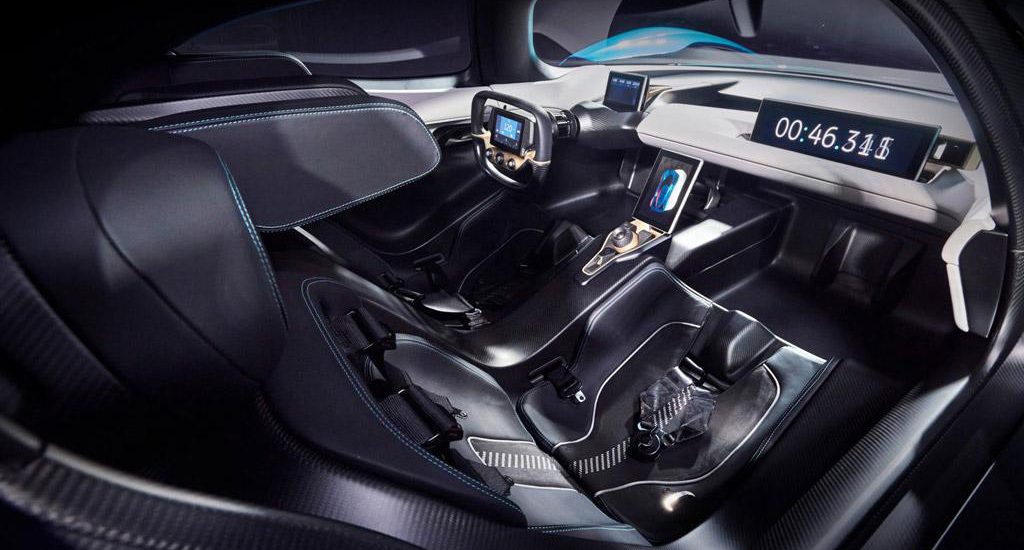Volkswagen targets East Africa with Kenya car assembly plant
NAIROBI (Reuters) – Volkswagen’s ( VOWG_p.DE ) will resume producing cars in Kenya by the end of the year as it looks to sell more vehicles across the East African region.
After a four decade pause in production by the German carmaker in Kenya, VW will establish an assembly plant to primarily produce its Vivo model, President Uhuru Kenyatta and Thomas Schafer, Volkswagen South Africa’s chief executive, said.
Emerging market production is familiar territory for VW, whose familiar Beetle model was a dearest on the streets of Mexico, but Kenya’s car market is predominated by low-priced second-hand imports from countries such as Japan.
VW, which assembled cars in Kenya in the 1960s and 1970s, will join other brands already being put together in the country, including Isuzu ( 7202.T ), Toyota ( 7203.T ), Nissan ( 7201.T ) and Mitsubishi ( 8058.T ).
“Volkswagen South Africa will now again establish an assembly plant to produce motor vehicles at the Kenya Motor Vehicle Manufacturers limited in Thika,” Kenyatta said on Wednesday after meeting Volkswagen South Africa executives.
Kenya mostly assembles trucks, pick-ups and buses from kits supplied by foreign manufacturers, albeit data from the Kenya National Bureau of Statistics demonstrated that the number of vehicles assembled inbetween January and April was down thirty one percent year-on-year to Two,258 vehicles.
The Kenya Vehicle Manufacturers Association (KVMA) attributed the slowdown to harsh economic conditions for buyers, including high interest rates and cuts in government spending, while VW said it spotted chance in the market.
“We believe that Kenya has got the potential to develop a very big fully-fledged automotive industry. The East African Community has got the potential, and today is the very first step in this direction that we want to take with our passenger cars,” Schafer said.
VW is the second-biggest auto maker by sales in South Africa after Toyota ( 7203.T ) with its vehicles sold domestically as well as exported to the rest of Africa.
Kenyatta said that VW’s assembly plant would begin with the Vivo and expand to a range of vehicles, with the very first car expected to be flipped out before the end of the year.
Neither Kenyatta nor Schafer said how much VW was investing or what the plant’s production capacity would be.
